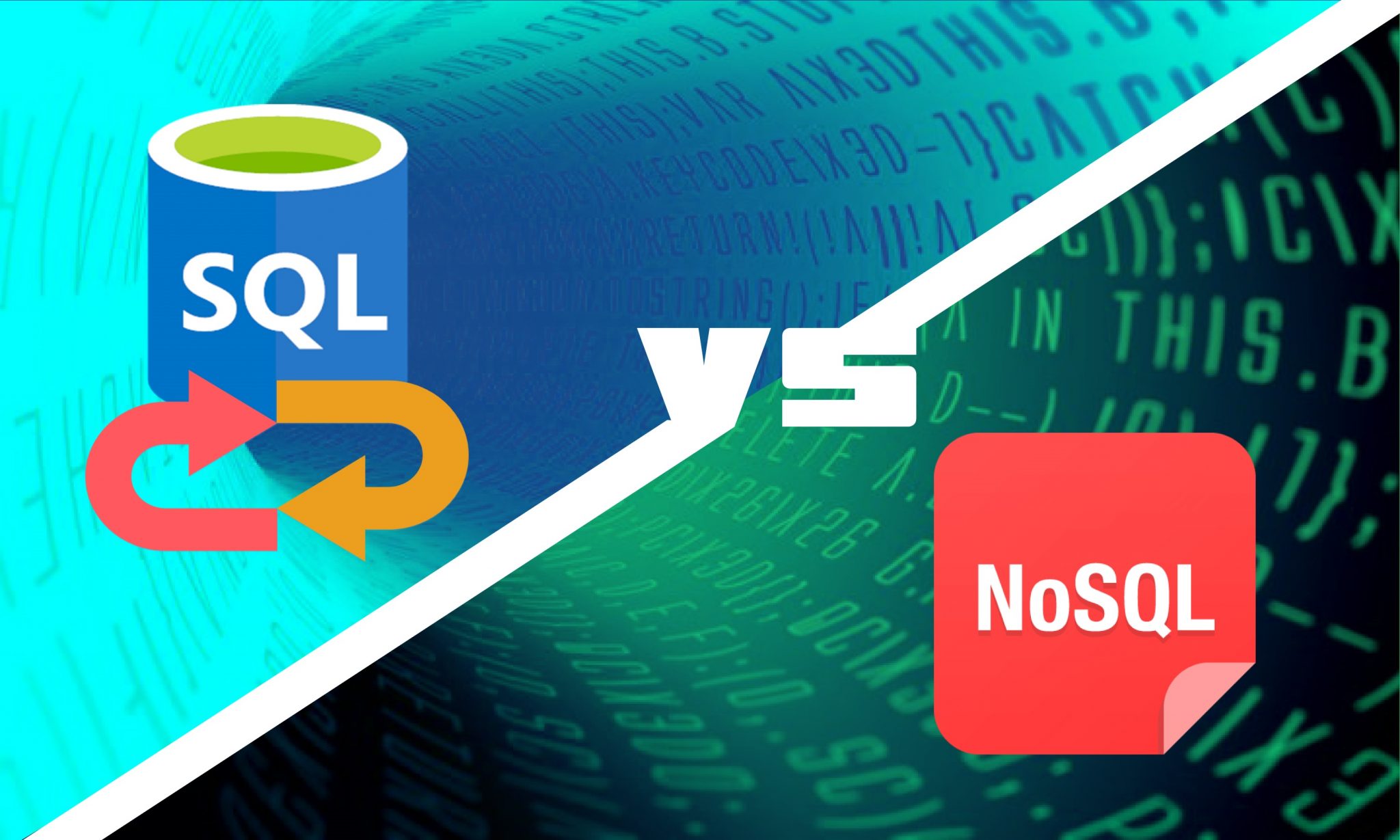

Our goal in this article is to help to explain the personality and characteristics of each of these databases so you can better understand whether it meets your needs.īut often at the beginning of a development project, the project leaders have a good grasp of the use case, but don’t really have clarity about the specific application features their business and users will need. The right answer for your needs is based of course on what you are trying to do. If a SQL database fits your needs, then PostgreSQL is a great choice. If you are looking for a distributed database for modern transactional and analytical applications that are working with rapidly changing, multi-structured data, then MongoDB is the way to go. Postgres, but the best document database versus the best relational database.
Postgresql vs sql vs nosql how to#
The documentation covers all the extensions currently supported, their versions, and how to work with PostgreSQL extensions and foreign data wrappers.Both databases are awesome, but what is your need?Īs an astute reader should already be able to tell, the real question is not MongoDB vs. The pgvector extension is available on Aurora PostgreSQL 15.3, 14.8, 13.11, 12.15 and higher in all AWS regions. Additionally, Google Cloud SQL for PostgreSQL and AlloyDB for PostgreSQL recently introduced support for the extension, as separately reported on InfoQ. These services include Azure Database for PostgreSQL Flexible Server, Azure Cosmos DB for PostgreSQL, and Amazon RDS for PostgreSQL. Word embeddings: words that are semantically similar are close together in the embedding space (Source: Building AI-powered search in PostgreSQL using Amazon SageMaker and pgvector)ĭue to the popularity of generative AI and to compete with dedicated vector databases like Pinecone, different managed database services added support for pgvector. For example, systems can discern mathematical similarities between products or transactions to create relevant product recommendations or identify potentially fraudulent activity. Similarity searches over embeddings benefit various industry applications, including e-commerce, recommendation systems, and fraud detection. Krishna Sarabu, senior database specialist solutions architect at AWS, explains how to build AI-powered search in PostgreSQL using SageMaker and pgvector:Īfter generating embeddings, an application or researcher can perform similarity searches within the vector space. Ordering hundreds of thousands of 512-dimensional vectors by cosine similarity in just ~10ms. Pgvector landed in Amazon Aurora, and it blows my mind how well similarity search performs (both speed + precision) on a reasonably sized dataset. Stefan Borsje, co-founder at Glass, comments: The new option adds to the capabilities of Amazon Aurora machine learning, which integrates Aurora with AWS ML services and offers the ability to create ML-based predictions using the SQL language.
Postgresql vs sql vs nosql pdf#
In the article, Sanyal shows how to build a simple interactive application using LangChain and Streamlit that lets users ask questions in natural language based on content in PDF files.Īccording to the cloud provider, the pgvector extension allows customers to build ML capabilities into e-commerce, media, and health applications. Using ChatGPT and other LLM tooling often requires storing the output of these systems, i.e., vector embeddings, in a permanent storage system for retrieval at a later time. It’s designed to work seamlessly with other PostgreSQL features, including indexing and querying. Pgvector provides different capabilities that let you identify both exact and approximate nearest neighbors. Shayon Sanyal, principal database specialist solutions architect at AWS, describes how to leverage pgvector on Aurora for natural language processing, chatbots, and sentiment analysis: The pgvector extension simplifies the storage and effective searching of embeddings in existing Postgres databases, capturing the semantic meaning of text inputs.

Aurora is the latest managed PostgreSQL database supporting the open-source extension to store and search embeddings from machine learning models.

AWS recently announced that the PostgreSQL-compatible edition of Amazon Aurora now supports pgvector for vector storage and similarity search.


 0 kommentar(er)
0 kommentar(er)
